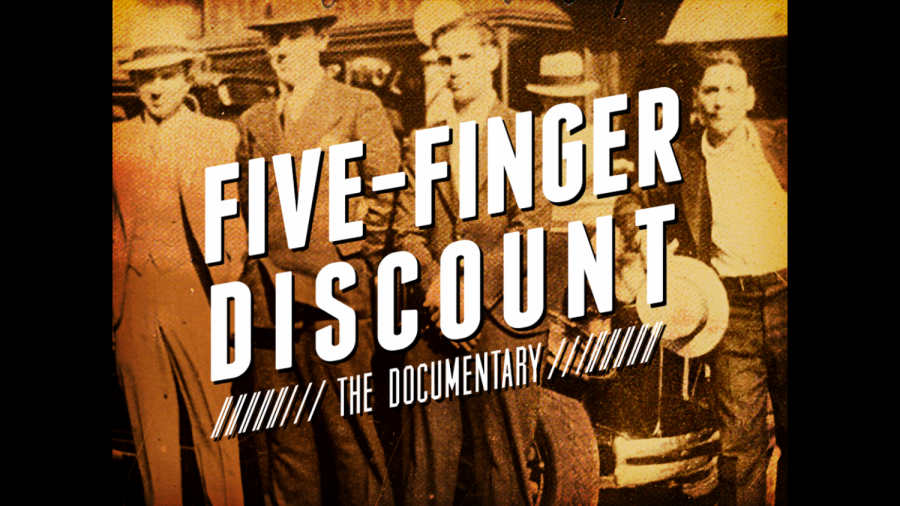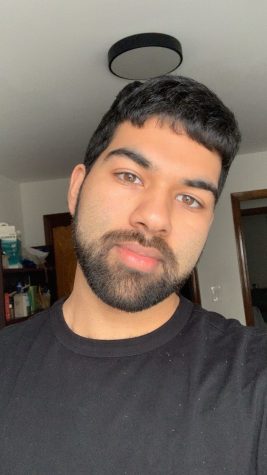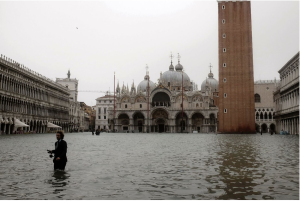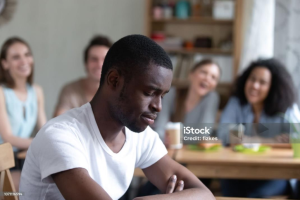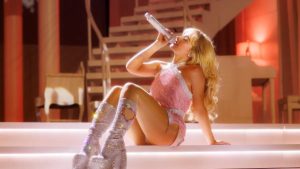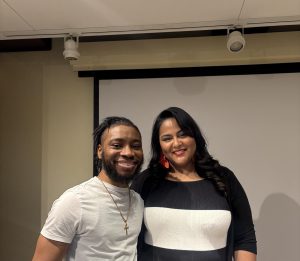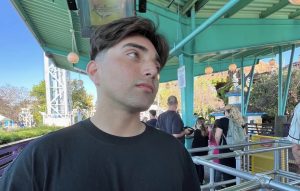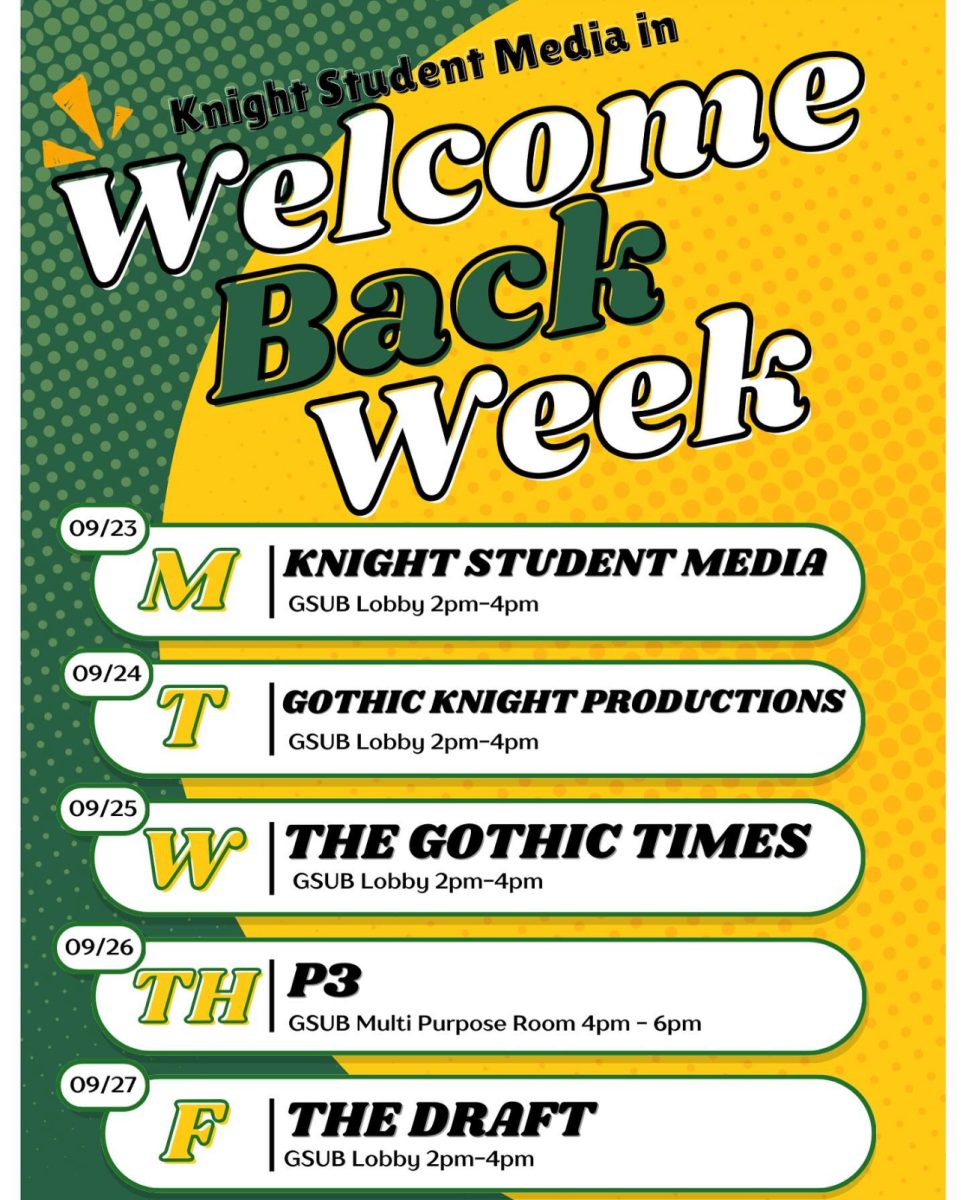An Interview with Helene Stapinski, the woman behind Five-Finger Discount
April 26, 2017
Helene Stapinski is the author of The Five-Finger Discount: A Crooked Family History and the star of the documentary by the same name that recently aired on PBS. Her book is a memoir about her life in Jersey City and a record of the involvement of some her family members in the political corruption and crime that plagued the city at the time. The documentary features commentary by Jersey City Mayor Steven Fulop and Stapiniski’s family members. Helene Stapinski graduated from NYU and began her career at her hometown newspaper, The Jersey Journal, while writing her first book. Helene currently works as a freelance writer for the New York Times. I interviewed Helene after her documentary premiered to answer some lingering questions I had.
What gave you the idea to turn your book into a documentary?
Helene Stapinski: It wasn’t my idea, I was doing a story for the New York Times on how weird it is to work in the Flatiron building when I interviewed a woman whose family once owned the Flatiron, Alice Alexiou. She had just written a book about the building. We hit it off and went for coffee not long after and she told me her book was being made into a documentary. In the meantime, she had read Five-Finger, and so she said, “Your book would make a great documentary.” It had never occurred to me before. My book had been optioned years earlier right after it came out, for a television show. The project dragged on for several years until finally I was given the script to read. It was so awful, I almost had a stroke. It was like some dumb sitcom, but with my family members in it. They lived in a house in Jersey with a lawn. Anyone who has ever seen Jersey City knows there are very few lawns. It had my grandfather running through the rooms with a gun while bad jokes were being made. It was so awful. I prayed that night — and had my mother say a novena — that the project would die a quiet death because I didn’t want the book title or my name anywhere near it. And it did. It eventually died. So I was a little gun shy (pun intended) about anyone optioning it again. But this woman, Alice, thought a documentary would be perfect, so she suggested I send the book to Charles Hobson, the producer who was working on her project. So I did and he called me a couple of days later after reading it and said he loved it. And so that’s how it happened. Charles brought in producer Rosanne Braun who brought in director Steve Fischler who brought in editor/cinematographer John Migletta. I helped as a writer and producer and was very involved form beginning to end. It was really a labor of love for everyone involved and I think it shows in the final product.
How did you deal with your grandfather’s abuse? and in what ways does it affect you now emotionally?
HS: I was too young to deal with my grandfather’s abuse as it was happening. But when I wrote the book it was an incredibly cathartic experience. I realized I had all this pent up anger about him and that the anger was a place holder for sorrow, really. It’s much easier to be angry about something than to let it bring you down. And that’s how I operate. When something bad happens I don’t get depressed I get angry and that anger turns into action. I was a drummer for several years, which is what book two is about, and I think playing the drums was one way of getting that anger out, a rage that was caused by my grandfather not just through his actions but through genetics. I always say if Grandpa had been a drummer, maybe he wouldn’t have killed people. Or a writer, I guess. Writing is my therapy, really. I address him and his bad genes in my new book as well, Murder in Matera, which is coming out on May 23. I examine the criminal legacy of my family and try to find out if it’s passed down or learned. It was incredibly cathartic as well. But I guess I’m still dealing with his abuse in some way and always will.
There was some backlash when you first published your book. Have you received backlash after the premiere of the documentary?
HS: I think there have been some nasty letters to the editor of the Jersey Journal, which I haven’t read. But overall, the outpouring of love and praise has been overwhelming. I’ve heard from all sorts of people who have been touched by the book and now the film, how it totally reflects their own experience of growing up in Jersey City. One guy told me about his first night working as a waiter at the VIP Diner on Journal Square and how someone got stabbed in the parking lot. Another person told me about how her relative was an enforcer for Hague. The stories are just pouring in. I may have to write a sequel! The haters would just love that. I might just do it to spite them! Usually people who hate the book haven’t actually read it, which is kind of crazy.
Was there any backlash from your family members for putting such revealing information about the wrongdoings of some of your family members?
HS: I only got backlash from two people, neither of whom was in the book. My Aunt Violet, Beansie’s last remaining sibling, wrote a nasty letter to the local paper and also harassed my mother a bit. A Polish cousin in Connecticut called me to complain about my depiction of my father. But I hung up on her. The picture of my father was a loving, but true portrait of him. This is a book about my life and my growing up in Jersey City and everything in it is true. If someone can’t handle the truth, that’s too bad for them. Unfortunately, my sister, brother and mom have had to deal with a lot of the backlash because they’re still in Jersey. I took cover in Brooklyn long ago. I’m grateful to them for always sticking up for me and telling it like it is. They’re awesome, I wouldn’t have been able to write the book without them.
How have you seen Jersey City evolve in terms of different demographics (Indian, Egyptian, Hispanic, LGBT)?
HS: The evolution in Jersey City over the last ten years has been incredible. As always, the ethnic groups coming in keeps changing. It went from Northern European to Southern European to Latin to Asian and Southeast Asian to Middle Eastern and beyond and I imagine will keep on changing. Jersey City is this golden door and people with dreams just keep coming. I just hope we keep letting them in! The LGBT community was always here, but they were silent. Some of my best friends growing up were lesbian or gay and couldn’t tell anyone because they could have been shunned or beaten up. But I think Jersey City now is much more accepting. At least in some neighborhoods.
What do your kids think of Jersey City?
HS: My kids are Brooklyn kids so Jersey City is really just an extension of their own experience. Same housing stock, same people, same food. I don’t know they even notice much of a difference between JC and home. My son is going to college and I joke that when he graduates he won’t even be able to afford to live in Jersey City. Even with four roommates, like I did when I got my first apartment there.
There’s not much in the documentary about your life in high school, was your high school experience not important to your overall story? What was your high school experience like? Are you still in touch with your friends from high school, and if so how did they react to the book/documentary?
HS: When you write a memoir, some things wind up on the cutting room floor. I think I do mention my teenage years, learning to drive and some of the friends from that time. The girl who stole the money from the church collection basket. She was a high school friend. But I didn’t delve into the actual high school itself. I went to the Academy of Saint Aloysius, an all-girls Catholic school which has since closed. It was an amazing place with really nice nuns (which I think I also mentioned) Sisters of Charity who were very modern and really feminists. They helped make me a feminist and be strong enough to tell my story. I had several teachers and mentors there, including my English teacher Ms. Roman and Ms. Bacigalupo, the newspaper coordinator, who really helped me become me. I was the editor of the school paper and spent many hours with Ms. B, as we called her. She was the best. So dedicated and inspiring. I’m also in touch with friends from that time as well. One of them donated to the the film and came to the premiere. Another friend, who I haven’t spoken to in years, just friended me on Facebook, I assume because she saw the film.
What advice would you give to kids living in Jersey City, especially those who have had family members in jail?
HS: My advice to those kids from Jersey City is to go to school, read a lot, get educated and fight back, whatever way you can. Whether that means becoming a writer, or becoming a social worker, or a chef or whatever your passion is. Don’t follow the bad examples in your family and of those people around you. Make your own example. Take charge of your life and tell the haters and doubters to go f*ck themselves.
What are your overall favorite aspects of Jersey City today?
HS: I think my favorite aspects are not new, they’re the things I’ve always loved. The Brownstone streets, the river and its sweeping view, and most of all its funny, tough people who are as ready to hug you as they are to kick somebody in the ass. We’re tough but we’re full of heart. And I think that’s what the book captures. I succeeded because of the incredible love that surrounded me, despite the bad eggs. I just went to the Emily Dickinson show at the Morgan Museum in Manhattan the other day and I was blown away by her poem that says: “That love is all there is/Is all we know of love.” And it’s true. Love really is the answer. Jesus was right, the Beatles were right. Emily Dickinson was right. I just hope people start loving each other a little more because that’s the only solution to what’s going on in the world right now.
Do you have any plans of turning your second book into a documentary? What are your future plans besides your newest book release?
HS: My second book, Baby Plays Around, was about playing drums in a rock band. There was some early interest for a feature film, but it never panned out. I think it would make a great film. The new book, Murder in Matera, is a natural for a movie. Most of it takes place in Bernalda in southern Italy, the same town where Francis Ford Coppola’s family is from. I sent him a copy and would love if he – or Sofia — would make it into a film. It’s mostly about my great-great grandmother. So I joke that it would be called “The Godmother.” It’s a great role for a woman and is a very cinematic story.
To find out more about Five-Finger Discount, visit http://fivefingerdiscountfilm.com.



